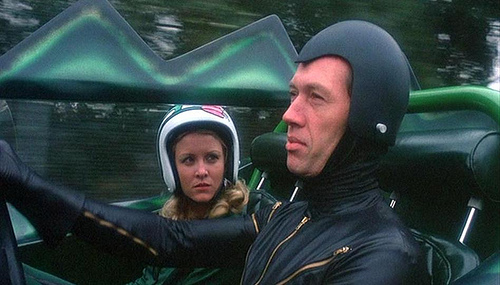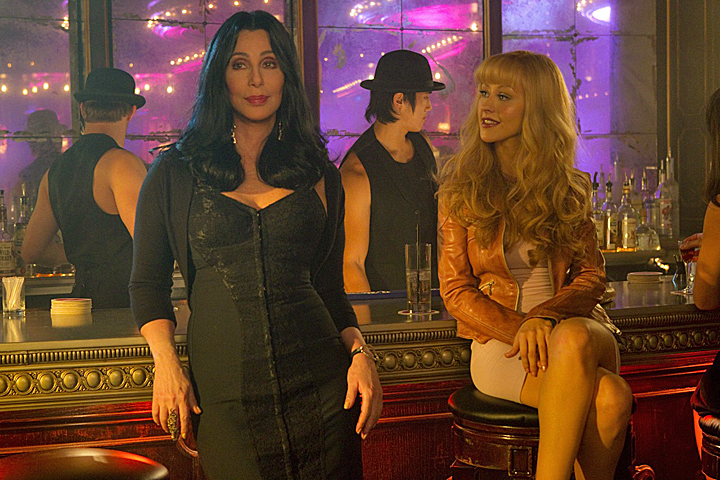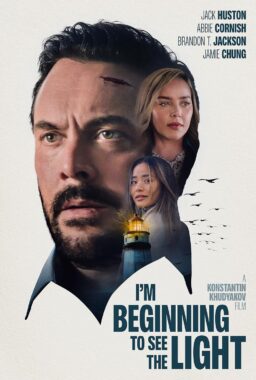Q. As you said yourself, “The Clone Wars” is “basically just a 98-minute trailer for the autumn launch of a new series on the Cartoon Network.” From a review standpoint, does it not matter in the least that this “movie” is in all truth three Saturday morning cartoon episodes shown back to back? Is there no regard for whether the movie achieves what it desires for its target audience, children?
Eric Furtado, Foster City, Calif.
A.
I believe that, if anything, children deserve better entertainment than adults. They’re instinctively smart until a diet of wretched movies like this pounds them down. I would infinitely prefer a child see something like “Finding Nemo” or “The Thief of Bagdad.”
Q. I saw “Tropic Thunder” tonight, and read your review afterward. I was curious when you said it was “much enhanced by several cameo roles, the best of which I will not even mention. You’ll know the one, although you may have to wait for the credits to figure it out.” I didn’t stay for the credits, and don’t know which cameo you are speaking of.
Paul Gowan, Chico, Calif.
A.
Spoiler alert! Maybe I was simply dense, but I, for one, did not recognize Tom Cruise.
Q. I didn’t like the film “Little Miss Sunshine” at all until my grandmother watched it after suffering a stroke last year. She’d lost almost all ability to communicate, but her mind was still sharp, and her non-verbal response to that film revealed an astonishing amount about the power of the medium. I was ashamed that I’d ever been so pedantic in my criticism. You’ve mentioned watching “City Lights” outdoors in the Piazza San Marco in Venice as one of the great moviegoing experiences in your life. Have you ever had a great moviegoing experience with a film you didn’t think was all that good?
Chi Laughlin, Clyde, Ohio
A.
Yes, but not in the sense you mean. It would have been the morning press screening at Cannes of Vincent Gallo’s “The Brown Bunny.” Europeans are not shy about booing. Never have I head so many boos, whistles, hoots and snorts. When anybody gets up to leave, their chair snaps back with a pop. At times the theater sounded like microwave popcorn. As you may know, I thought Gallo’s re-edited version was significantly better.
Q. You recently dealt with a question about DVDs with “embedded” subtitles (I believe the term would be “hardcoded”). I’ve seen this a couple of times, along with supposedly widescreen DVDs that are actually sending a letterboxed 4:3 signal, meaning it will display with black bars even on an HDTV. In general, they tend to either be discs from early in the DVD era or niche/obscure/low-budget titles; in other words, either made before people knew what they were doing or made now by people with not enough experience and/or money to do it properly.
Christopher Wells, Louisville, Ky.
A.
Now that I have a new digital HD set, I’ve become more sensitive to such issues than ever. The good news is that I think the DVD manufacturers have, too.
Q. Like you, I enjoyed “Pineapple Express.” And like you, I think David Gordon Green is a poet of film. As much a departure as “Pineapple” is for Green, you can still see his poetry. It’s subtle and washed over by the action and buffoonery, but it’s there. It’s in how things are juxtaposed and not just the images. It’s also in the absurdity and in other places of which I’m less certain. That said, I was surprised so many critics disliked the film. I shouldn’t have been, I know, but I was.
Jimmy Jacobs, Columbia, S.C.
A.
I liked it first of all because I found it funny. Second, it’s well-directed. We are going to be hearing a lot more about Green. “Pineapple Express” was not a “personal” film as his other works have been, but it sure does demonstrate he can do a doper buddy genre film and make it good. I imagine he can do about anything.
Q. I know you are a huge fan of Alex Proyas’ wonderful “Dark City.” I consider it one of my favorites. I was curious if you’d had the opportunity to see the director’s cut and what your thoughts are on this new version.
Kevin Kluck, Cincinnati
A.
I think the changes are improvements, particularly the decision to let us find out for ourselves who and what the Strangers are. On a personal note, I am pleased that they include the original version with my commentary track, and also that they have used that and additional material I recorded to create a commentary on the director’s cut.
Q. I wonder if the writers of “Dark Knight” meant to imply that Batman’s only moral solution to the Joker’s dilemma is to flip a coin.
Ben Shin, New York City
A.
Since no choice could be logically defended, that’s as good an alternative as any.
Q. Now that you have seen just how awful a “Death Race” movie can be, is there any chance that you might go back and retroactively give the original a higher rating than your zero stars condemnation? I know that the star ratings are essentially meaningless but as is, it suggests that the new one is better than the original and, good Lord, not even (name deleted) would say something that insane.
Peter Sobczynski,
eFilm critic.com, Chicago
A.
I wrote back to you, explaining that the lowest rating a movie can receive for being bad is one-half star. To receive no stars, it must be, in my opinion, somehow immoral. In “Death Race 2000” (1975), cross-country racers received 100 points for every wheelchair they mowed down, 70 points for the aged, 50 points for kids, etc. I considered that immoral.
But you, Peter, with your mastery of debate that I have come to admire over the years, responded: “I agree on your point. However, I would argue that the obviously satirical nature of the material and the subtext commentary about the increasingly debased and violent nature of popular entertainment elevates ‘Death Race‘ from being completely immoral. By not having any of that subtext, I would argue that the new one is far more immoral than the original in addition to all of its other artistic sins. Additionally, while the notion of extra points for running over people in wheelchairs is a nasty one indeed, the punch line of the scene is that Frankenstein avoids hitting the old people when he comes across them and instead mows down the people who deliberately wheeled them out in the street to die.” Quite true. Now I can only fall back on my long-standing decision not to revise past reviews, because I think they should remain as I wrote them, and because with more than 8,000 reviews on the Web site that would commence a never-ending task.












